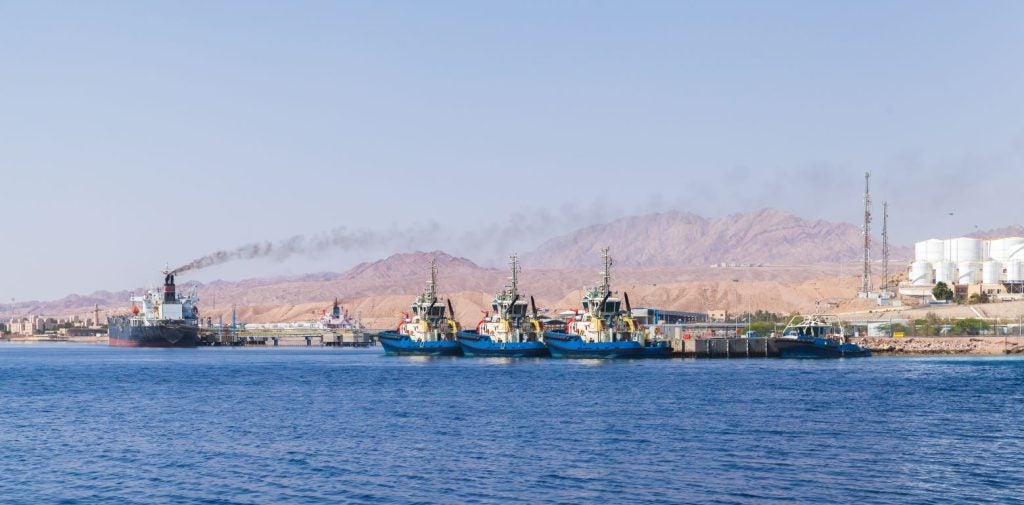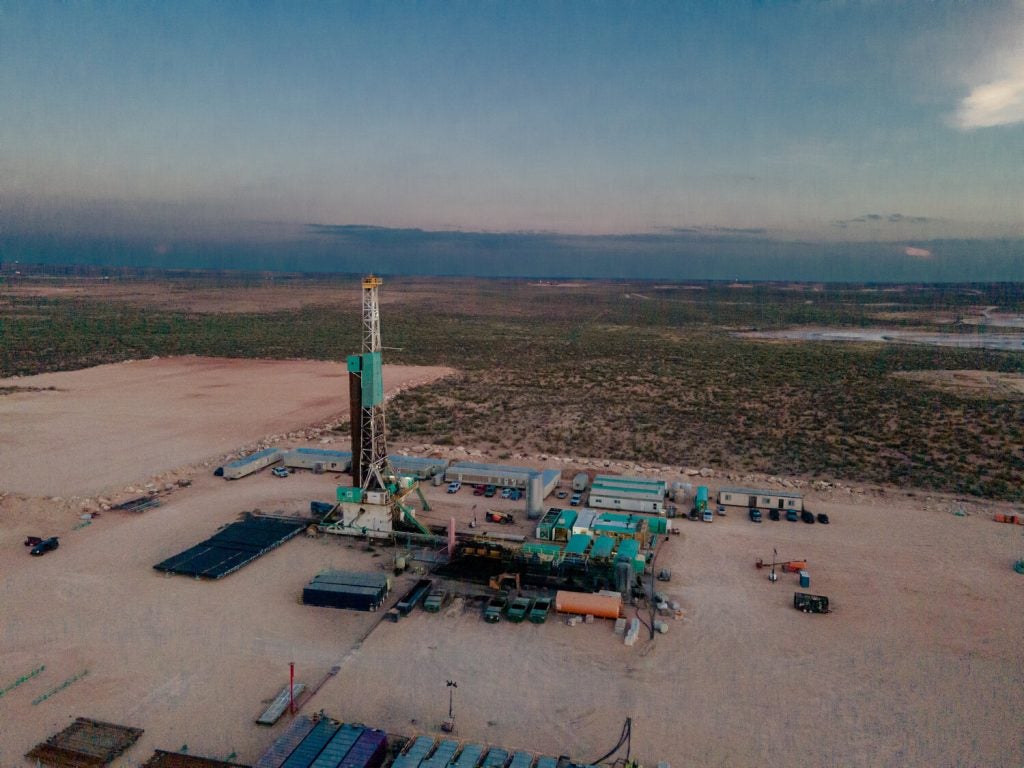Japan’s biggest power generator, JERA, and oil and gas major ExxonMobil have agreed to jointly explore the development of a low-carbon hydrogen and ammonia production plant in the US.
The project framework agreement will look to bring JERA onboard as co-owner of an Exxon-owned low-carbon, or blue, hydrogen project already in development in Texas, US. Blue hydrogen is produced from fossil natural gas with CO₂ emissions caught using on-site carbon capture technology.
The plant is expected to become the biggest blue hydrogen production facility in the world, with an annual production capacity of approximately 900,000 tonnes of low-carbon hydrogen and more than one million tonnes of low-carbon ammonia.
The agreement will also explore the potential for JERA to procure approximately 500,000 tonnes per year of low-carbon ammonia produced at the plant to satisfy demand in Japan, JERA said in a press statement on Monday.
JERA set a target in 2020 to hit net-zero CO₂ emissions from its domestic and overseas businesses by 2050. It is also looking to develop zero-emissions thermal power technology for use in Japan. According to GlobalData, thermal power accounted for 52% of Japan’s total installed power capacity in 2022 and is expected to remain central to the county’s power system for at least the next decade.
Steven Winn, JERA’s senior managing executive officer, said of the agreement with Exxon: “Cooperation among leading companies is essential to establish supply chains for ammonia, hydrogen and other products that are key to zero-emission thermal power.
“We believe that working together with ExxonMobil, who is actively promoting investment in carbon capture and storage (CCS) and hydrogen, will contribute to the transition to a global decarbonised society.”
Dan Ammann, president of ExxonMobil Low Carbon Solutions, added: “Building world-scale projects for new markets requires supply, demand and supporting regulation to all come together in sync… We appreciate JERA’s leadership in helping advance the hydrogen economy and see this agreement as an important catalyst.”
Blue hydrogen has become central to many countries’ industrial decarbonisation plans. However, several recent academic studies have found that production and use of the alternative fuel could be equally or more polluting than burning fossil fuels directly as a source of energy, mainly due to methane leak risks and lack of commercial success with CCS technologies.
A study published last month found that blue hydrogen could increase near-term global warming by 50% compared with burning fossil fuels directly and could have “far worse” climate impacts than originally thought.















